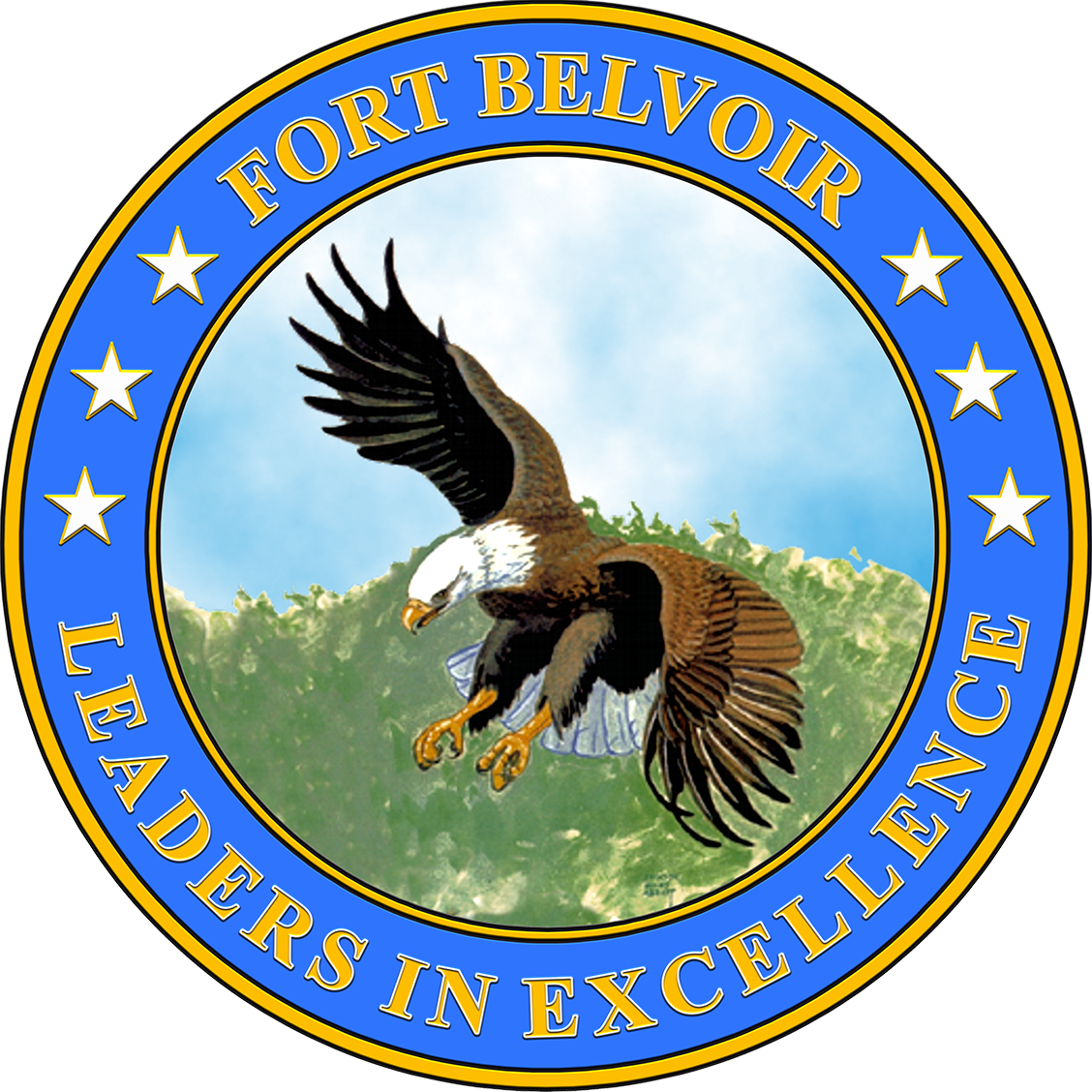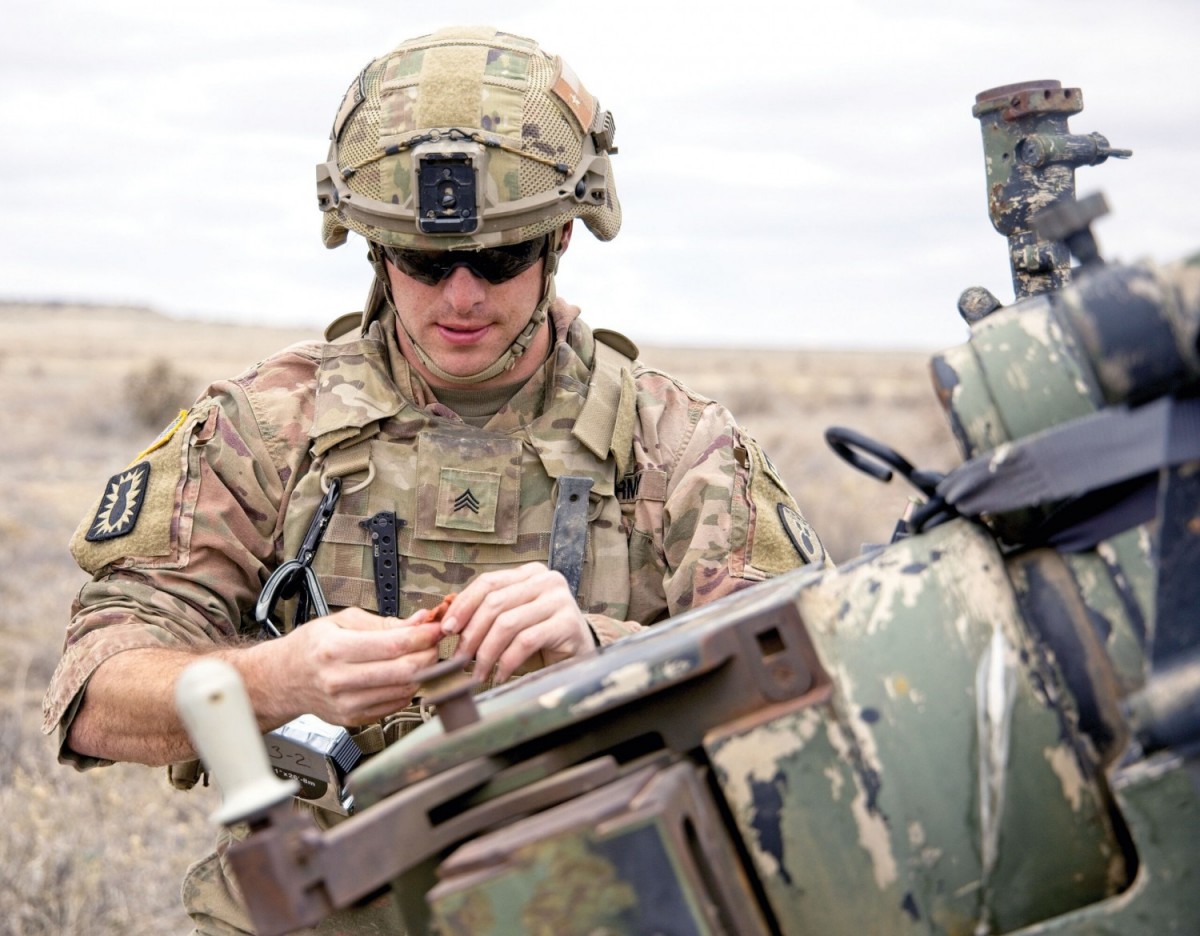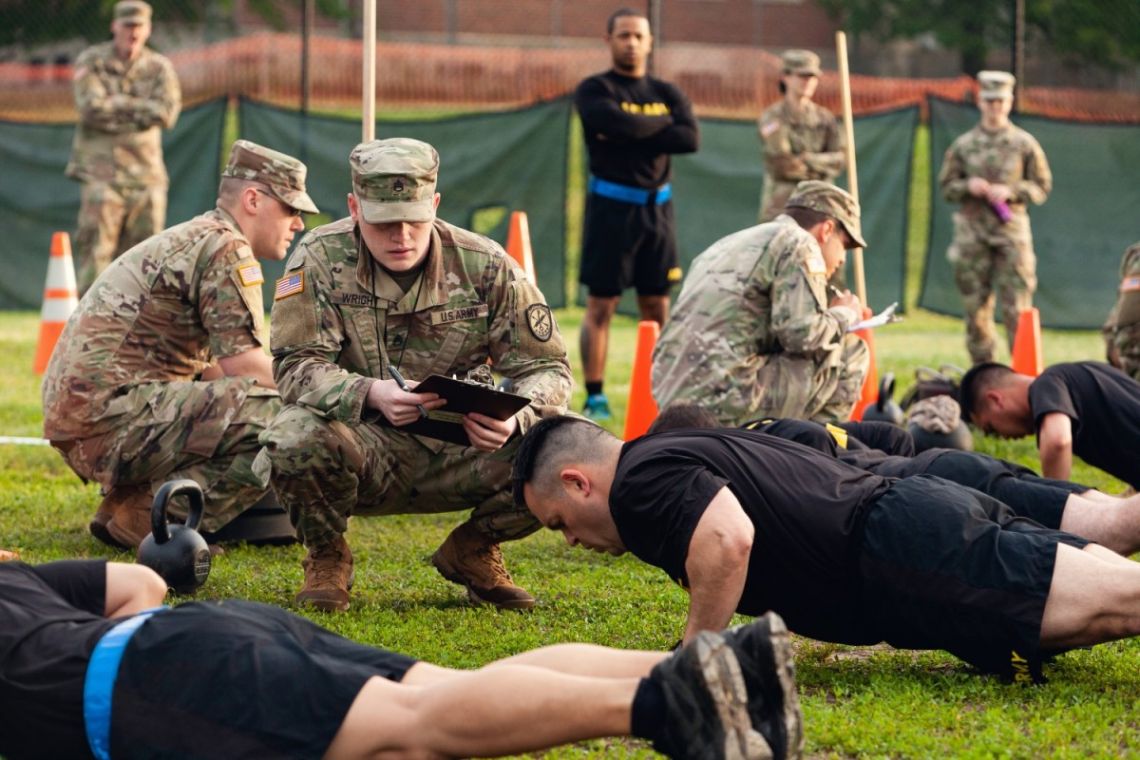
Submit Your Story Here Email your story submission to Fort Belvoir Public Affairs Office to be featured on the Digital Belvoir Eagle.
The Latest Army News
New York National Guard Conducts 6,166 Military Funerals
Jan 5, 2026
LATHAM, New York --New York National Guard Soldiers and Airmen provided military funeral honors at 6,166 graveside services in 2025. The 69 Soldiers who... Read full story
Making $ense of Money: ACS offers financial preparation guidance for new parents
Jan 5, 2026
FORT KNOX, Ky. – The arrival of a new baby can be one of life’s most joyful milestones –and one that brings significant changes. Read full story
Soldier in Germany sentenced to 30 years in prison for sex crimes against a child
Jan 5, 2026
VILSECK, Germany – A military judge convicted a Soldier of the rape and sexual assault of a child, sentencing him to 30 years in prison at the conclusio... Read full story
Belvoir Eagle news













